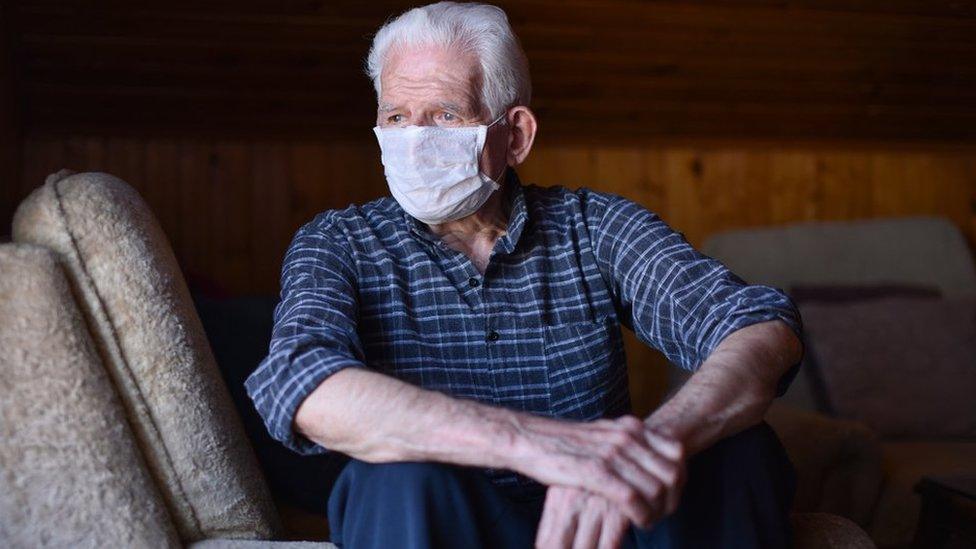Scottish life expectancy still lower than pre-pandemic

Glasgow has the lowest life expectancy in Scotland
- Published
Life expectancy in Scotland has increased but it is still lower than before the Covid pandemic, according to the latest official figures.
A National Records of Scotland (NRS) report shows it has risen by almost seven weeks for women and 14 weeks for men since 2020-2022.
The average life expectancy is now 80.9 years for women and 76.9 years for men.
The provisional figures are an average for the three-year period 2021-2023.
Glasgow still has the lowest life expectancy in Scotland, for both men and women.
For men, the figure is 73.6 years and for women it is 78.3.
Life expectancy was highest in East Renfrewshire, with men at 81 years and women at 84.5.
Female life expectancy in the most deprived areas of Scotland was 10.5 years lower than in the least deprived areas, the report said, while for males it was 13.2 years lower.
Scotland continues to have a lower life expectancy than other UK countries.
What has caused recent changes in life expectancy?
Between the early 1980s and early 2010s, life expectancy increased every year in Scotland.
It plateaued around 2012-2014 - mirroring the slowing down in improvements to circulatory disease mortality - before figures started to drop in the years covered by the 2018-2020 figures.
This was largely because of the Covid-19 pandemic.
Life expectancy improvements stalled as drug-related deaths and deaths from dementia and Alzheimer's increased, the report says.
It decreased for the third year in a row in 2020-2022.
Despite this year's rise, compared to the 2017-2019 figures, life expectancy is still lower by 19.4 weeks for males and 18.2 weeks for females.
Related topics
- Published26 September 2023

- Published22 September 2022
